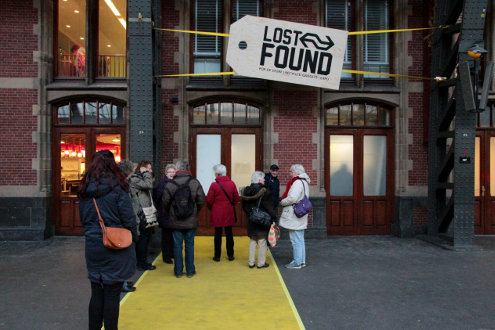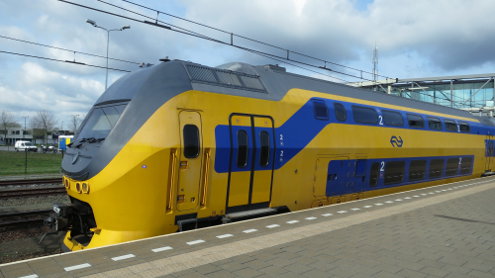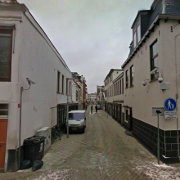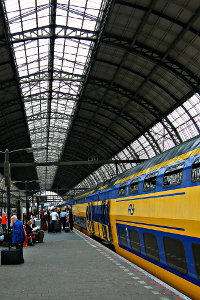 As the year draws to an end, it is time to look back on what coloured 2013 orange. Here’s a very quick look at some of the trends I spotted in the past year.
As the year draws to an end, it is time to look back on what coloured 2013 orange. Here’s a very quick look at some of the trends I spotted in the past year.
The money to buy art can be found outside the old continent it seems. Dutch people who discovered Russian or Chinese art works in their attic suddenly found themselves quite a bit richer. As well Dutch baby formula found a ready market in China.
The law against blasphemy was repealed this month. The last time somebody was prosecuted for blasphemy was in 1965, but accusations of blasphemy were flying as late as last September when a plan to project ‘female-friendly porn’ onto the tower of a former church building angered local Christian politicians in Enschede. Speaking of porn, did you know that the Netherlands is the second greatest porn hoster in the world? It only has the USA ahead of it.
The Netherlands is also the European market leader of empty office spaces, boasting 15% of all unoccupied office buildings. Meanwhile, students have to live in shipping containers. Architects responded to these issues by designing more office spaces (albeit really cool ones).
Also:
- A public prosecutor wanted to see a woman imprisoned for not insuring her non-existent car.
- Heerlen teaches it citizens to recognise the smell of marijuana.
- Ferry wars threaten to isolate a Wadden Sea island.
- Nature documentary De Nieuwe Wildernis gives Hollywood blockbusters a run for their money (by now 700,000 people have seen the documentary in Dutch cinemas).
- And of course a new king ascended the throne on Queen’s Day, but not after the people had given their opinion on the King’s Song.


 1. Starting October 2012 transportation infrastructure operators in the Netherlands were allowed to use new traffic signs that have been optimised for colour blind people.
1. Starting October 2012 transportation infrastructure operators in the Netherlands were allowed to use new traffic signs that have been optimised for colour blind people. 
 Two weeks ago
Two weeks ago 

 Ten former prostitutes are claiming 1.2 million euro from seven procurers before a court in The Hague.
Ten former prostitutes are claiming 1.2 million euro from seven procurers before a court in The Hague.  Two angry blog posts in as many months show the state of freedom of information in the Netherlands. Long story short, the government wants everybody to be transparent except themselves.
Two angry blog posts in as many months show the state of freedom of information in the Netherlands. Long story short, the government wants everybody to be transparent except themselves. Magazine publishing giants
Magazine publishing giants 
